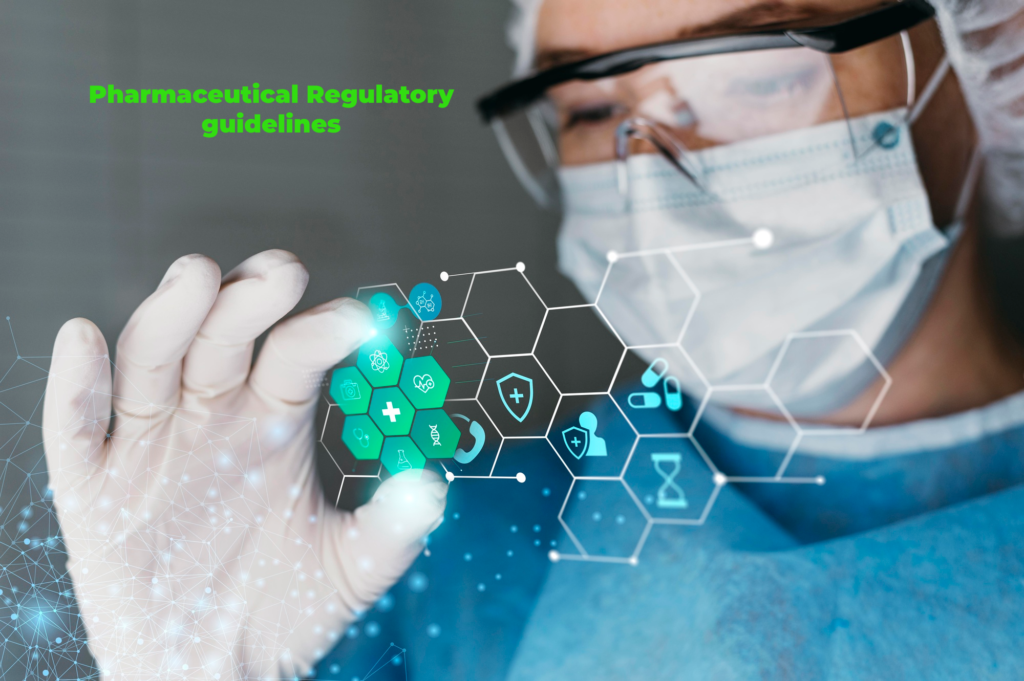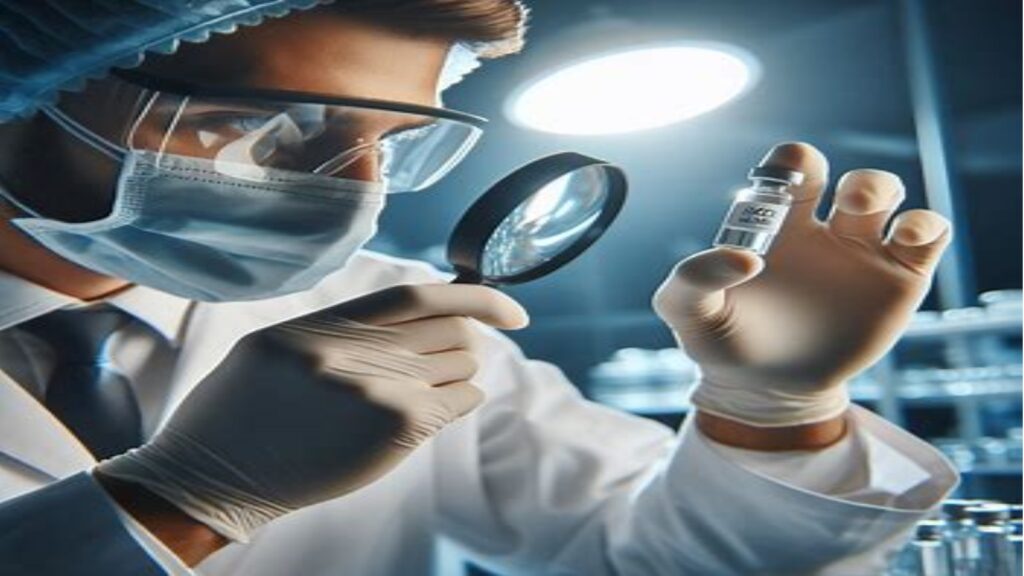Introduction
The field of Pharmaceutical Research and Development (R&D) demands a unique set of skills and knowledge, making interviews for research scientist positions particularly challenging. Aspiring candidates need to showcase their expertise in drug discovery, development processes, and stay abreast of the latest advancements in the industry. This article provides comprehensive interview tips for individuals aiming to secure a research scientist position in the pharmaceutical sector.
1. Understand the Company and Industry
Before stepping into the interview room, thoroughly research the pharmaceutical company and the broader industry. Familiarize yourself with the company’s pipeline, recent achievements, and any ongoing research initiatives. Understand the challenges and trends in the pharmaceutical R&D landscape to demonstrate your genuine interest and commitment during the interview.
2. Mastery of Core Technical Skills
Highlight your proficiency in core technical skills relevant to pharmaceutical R&D. This includes expertise in molecular biology, biochemistry, pharmacology, and any specialized techniques applicable to drug discovery. Be prepared to discuss specific projects where you applied these skills and achieved meaningful outcomes.
3. Stay Updated on Industry Trends
Pharmaceutical R&D is a dynamic field with constant advancements. Stay updated on the latest technologies, methodologies, and breakthroughs in drug development. Discuss recent publications, conferences, or innovations that have caught your attention, showcasing your commitment to staying at the forefront of scientific progress.
4. Effective Communication Skills
Communication is crucial for a research scientist, not only in conveying complex scientific concepts but also in collaborating with cross-functional teams. Practice articulating your thoughts clearly and concisely. Be prepared to discuss your research in a way that is accessible to individuals without a deep scientific background.
5. Problem-Solving Abilities
Highlight your problem-solving skills by discussing challenges you’ve encountered in previous projects and the strategies you employed to overcome them. Emphasize your analytical thinking and adaptability, showcasing your ability to navigate the unpredictable nature of pharmaceutical R&D.
6. Demonstrate Leadership and Collaboration
Research scientists often work in multidisciplinary teams. Showcase instances where you demonstrated leadership or collaborated effectively with team members. Discuss your role in team projects, highlighting your ability to contribute to a collective goal and lead initiatives when necessary.
7. Ethical Considerations
Pharmaceutical R&D involves ethical considerations related to patient safety, data integrity, and regulatory compliance. Familiarize yourself with ethical guidelines and regulations governing the industry. Be prepared to discuss how you approach ethical dilemmas and make decisions aligned with industry standards.
8. Regulatory Knowledge
A strong understanding of regulatory processes is essential for pharmaceutical R&D. Familiarize yourself with the regulatory landscape, including FDA guidelines and approval processes. Discuss any experience you have with regulatory submissions or interactions, emphasizing your commitment to compliance.
9. Questions for the Interviewer
Prepare thoughtful questions for the interviewer about the company’s R&D strategy, potential projects, and the team’s dynamics. This not only demonstrates your genuine interest but also provides insights into the company culture and expectations.
Frequently Asked Questions
- Can you describe your experience with drug discovery and development processes?
- Provide a detailed overview of your involvement in various stages of drug discovery and development, emphasizing specific projects and outcomes.
- How do you stay updated on the latest advancements and trends in pharmaceutical R&D?
- Discuss your strategies for continuous learning, such as reading scientific journals, attending conferences, and engaging in online forums or communities.
- What technical skills do you consider essential for a research scientist in pharmaceutical R&D?
- Enumerate key technical skills relevant to the position, including molecular biology, biochemistry, pharmacology, and any specialized techniques you are proficient in.
- Can you share an example of a challenging problem you encountered in your previous research and how you addressed it?
- Illustrate your problem-solving abilities by describing a specific challenge, detailing the steps you took to overcome it, and highlighting the results.
- How do you approach collaboration in a multidisciplinary team?
- Discuss your experiences working in collaborative environments, emphasizing effective communication, leadership, and your contribution to achieving team goals.
- What ethical considerations are important in pharmaceutical R&D, and how do you navigate them?
- Demonstrate your awareness of ethical considerations by discussing patient safety, data integrity, and regulatory compliance, and provide examples of how you approach ethical decision-making.
- Explain your understanding of regulatory processes in pharmaceutical R&D, especially FDA guidelines.
- Showcase your knowledge of regulatory requirements, detailing any experience you have with regulatory submissions and interactions.
- Can you provide an example of a successful project where your leadership skills were instrumental?
- Share a specific project where you demonstrated leadership, outlining your role, the challenges faced, and how your leadership contributed to project success.
- How do you balance the need for innovation with regulatory compliance in your research?
- Discuss your approach to balancing innovation and compliance, emphasizing your ability to navigate the regulatory landscape while contributing to innovative research.
- What attracted you to our company, and how do you see yourself contributing to our R&D team?
- Showcase your knowledge of the company, its achievements, and articulate how your skills align with the company’s goals, emphasizing the value you can bring to the R&D team.
Conclusion
Securing a research scientist position in pharmaceutical R&D requires a combination of technical expertise, effective communication, and a deep understanding of industry dynamics. By following these interview tips, candidates can position themselves as valuable assets to pharmaceutical companies actively driving innovation and advancements in the field.
- For more articles, Kindly Click here.
- For pharmaceutical jobs, follow us on LinkedIn
- For Editable SOPs in word format contact us on info@pharmaceuticalcarrier.com
- For more information kindly follow us on pharmaguidelines.co.uk











